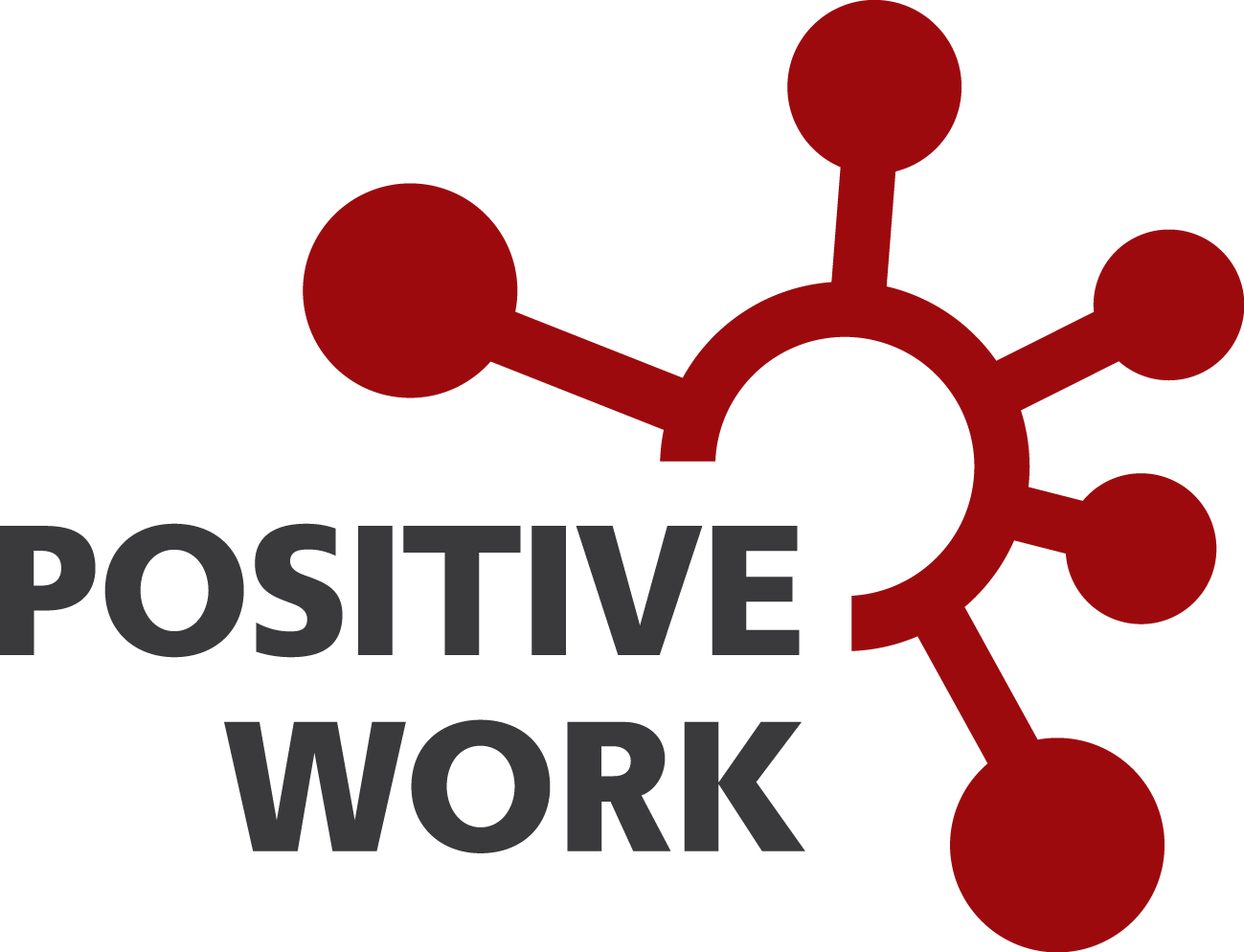What's good, positive, or important?
Have you ever had a question that just sits in your brain, repeating itself over and over?
I’m told that when I was 4-years-old, I was insistent on knowing: “Who created God?”
For my university thesis, I researched: “What’s the link between money and happiness?”
At the start of my career, I asked: “How can I help improve people’s working lives?”
Now I have my own 4-year-old, who’s incessantly asking, “But why?” about EVERYTHING.
Our questions shape our lives. They shape our mood, attitude, focus, and how we interact with others.
David Cooperrider, creator of Appreciative Inquiry, taught me that there is no such thing as a neutral question. EVERY question always suggests or indicates a direction.
It’s the difference between asking…
“Will I like this person?” vs. “What will I like about this person?”
“Why can’t I figure this out?” vs. “What’s the 1st step?”
“What will happen next in 2020?” vs. “What matters next in 2020?”
Researchers estimate that we spend 80% of our thinking on trying to fix what is not working and just 20% of our time on building on what’s already working. When our questions are about what’s not working we can get stuck – stuck in making change, stuck with a relationship, stuck with the status quo.
On the flip side, “Questions that look for the true, the good, and the possible are what enable us and others to consistently thrive (David Cooperrider).” When we focus on what’s going well, we find the energy to fix what’s wrong and tackle bigger challenges.
There is one question that I turn to when I need to switch gears from negative, problem-focused thinking. My friend David Pollay introduced me to this question…
What’s something good, positive, or important to share?
As David has found, when leaders ask this question, they are able to create the space to create more authentic connections between team members. His Forbes article describes how using this question can bring more joy to meetings. This question can greatly improve the quality of your team meetings, 1-to-1s, and even family dinners.
Something GOOD – Leaders must understand what’s meaningful to others. Notice what themes pop up, what people are proud about, and what small wins have been accomplished. Searching for the good is also what’s called an abundance mindset, and leaders who primarily think this way are found to be more creative, resilient, and solution-oriented.
Something POSITIVE – Leaders must be intentional about the emotional climate they are creating because emotions drive behavior. This question can trigger the sharing of positive emotions such as interest, enthusiasm, hope, and inspiration. Plus, as bad as life can get, there’s always something positive that can be acknowledged, no matter how small, which creates space for hope and possibility.
Something IMPORTANT – Leaders must know what’s top of mind for others. This question helps to know people more deeply and might uncover roadblocks or issues that need to be addressed.
